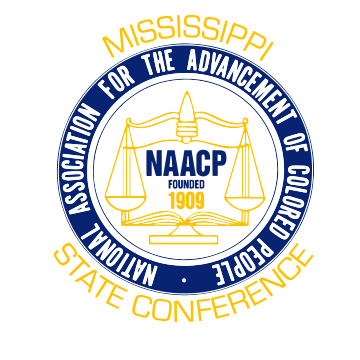The Death Penalty Ends in Nebraska
2015/5/28-Not so long ago, the murder of Kerrie Orozco, an Omaha police officer, would have been held up as the sort of crime that the death penalty was meant for.
On May 20, Ms. Orozco, a seven-year veteran of the Omaha force, was part of a gang unit serving an arrest warrant on a man named Marcus Wheeler. Instead of surrendering, Mr. Wheeler shot at the officers, who fired back. He was killed in the shootout, as was Ms. Orozco, who was scheduled to go on maternity leave the following day to care for her 3-month-old daughter, who had been born prematurely and was going home from the hospital.
Yet only days after Ms. Orozco’s death, Nebraska lawmakers voted to ban capital punishment for good. Although the state’s unicameral Legislature is overwhelmingly Republican, a bill prohibiting the death penalty passed three preliminary votes by wide margins. A final vote on Wednesday — overriding a veto on Tuesday by Gov. Pete Ricketts, a Republican — passed 30-19.
With the override, Nebraska has become the first predominantly Republican state to ban the death penalty in more than 40 years, and the 19th state overall.
The American public’s taste for state-sponsored killing has been declining for years. Support fell to a new low of 56 percent in a survey by the Pew Research Center released in April. Nebraska’s vote highlights that trend. Ten men currently sit on the state’s death row (an 11th died, apparently of brain cancer, last Sunday), but no one has been executed there since 1997. A recent A.C.L.U. poll found that 58 percent of Nebraska voters supported alternatives to the death penalty, while 30 percent would support capital punishment.
That split was roughly reflected among state lawmakers. Some who voted for the ban said it was the lengthy, costly capital appeals process that finally convinced them. Others had moral objections, or concerns about whether the state could procure the necessary lethal-injection drugs. And still others were chastened by the exoneration of six people, some of whom spent nearly two decades behind bars. (This is the third time Nebraska lawmakers have tried to end capital punishment; a 1979 ban and a 1999 moratorium were both vetoed.)
In response to the latest vote, death-penalty advocates resorted to the usual fearmongering. Governor Ricketts insisted that repealing capital punishment “puts the safety of the public and Nebraska families at risk,”and would “give our state’s most heinous criminals more lenient sentences.”
But the death penalty has never been about protecting public safety, only exacting hollow vengeance. And life without parole, while no less harsh a sentence, has two distinct benefits: it gets states out of the sordid business of killing their citizens, and it allows for a wrongfully convicted person to be set free, as has happened in at least 153 cases nationwide since 1973.
The Nebraska vote — passed by a coalition of Republicans, Democrats and independents, many newly elected — is an acknowledgment by reasonable people of all political ideologies that capital punishment is an abhorrent and indefensible practice. If that realization can happen in the deep-red heart of America, it can happen anywhere.
Source: The New York Times



